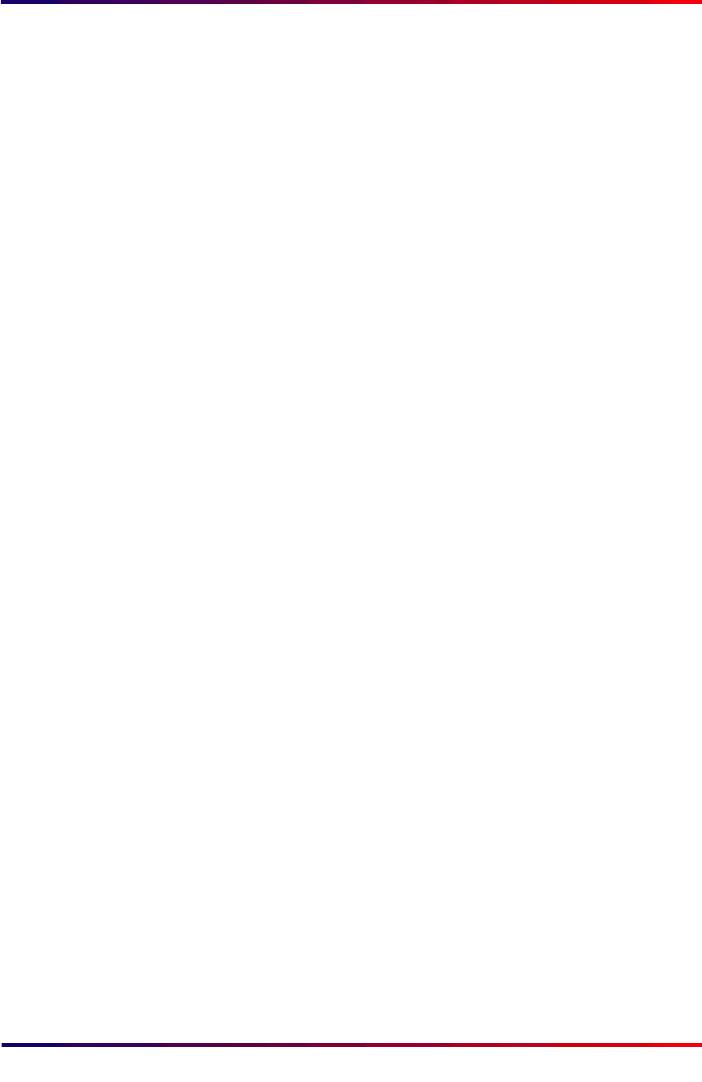
Intermate100 and Intermate101 Print Server Administration Manual 160
Services in “Input Control”: Raw Socket (= “Port 9100" = Reverse Telnet)
22.2. Raw Socket (= “Port 9100" = Reverse Telnet)
You can configure up to four Raw Socket services. All four are
configured on the same configuration page. In the configura-
tion instructions, # is the number of a given Raw Socket ser-
vice. Each service is defined with the following two
parameters:
1 Which TCP Port to use.
Type in a value for “TCP Port #”. Default is 9100.
Raw Socket is traditionally assigned to printer port 9100,
and is sometimes even called the “port 9100 protocol”.
You can, however, choose any value within the range
[1024.. 65500], but you may want to check the section on
“Raw Socket (= “Port 9100" = Reverse Telnet)” [page 160]
first.
2 Where to direct the output. See
“Common Feature: How to
Direct Output” [page 159]
.
3 Note that the feature “Secure Print (ISPP) - Yes/No”
(introduced with release level 2252) applies only to printing
from IBM mainframe hosts running VPS/Secure from Levi,
Ray & Shoup, Inc. (www.lrs.com). There is also a special
ISPP port, see
page 162
.
4 Remember to “Save & Cont.” and then “Reboot” to activate.
Raw Socket Configuration Tip: Port Number Value for “Port
9100" (Raw Socket) protocol does not have to be 9100!
The port number designated in the print server must, of course,
match the port number designated in the printer definition in
any given printing environment.
Even though users may be printing Raw Socket from many dif-
ferent environments, it is possible that you only need one ser-
vice definition. The need for more than one service definition
usually stems from wanting to send the output to different logi-
cal printers or directly to different physical target printers.The
services must be differentiated through the port designations,
that is in the value entered in the “TCP Port#” field.
See the example below in
Figure 17.
As examples, we have
chosen the following port designations: 9100, 29100, 39100,


















